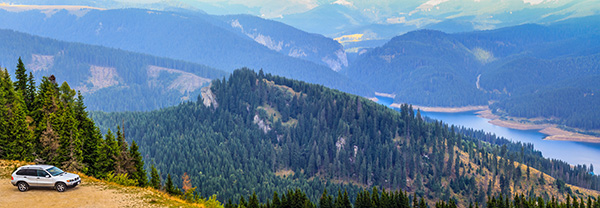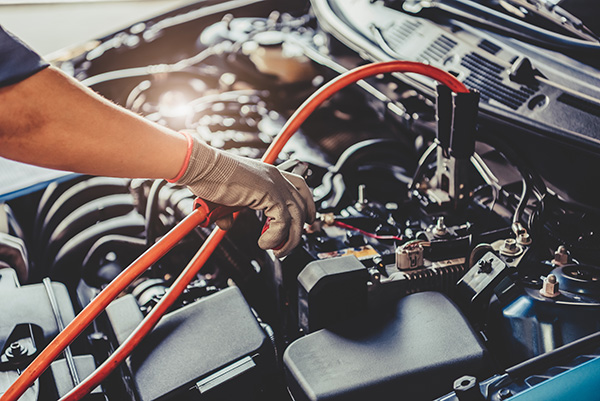Posted on 3/28/2025

Driving through California’s mountains offers breathtaking views, winding roads, and varying elevations—but it also puts extra demands on your vehicle. Whether you’re heading to Big Bear, Yosemite, or Lake Tahoe, preparing your car for mountain driving is essential to ensure a safe and smooth trip. Steep inclines, sharp turns, and unpredictable weather can challenge both you and your vehicle, so checking key systems before you go can help prevent breakdowns. Here’s what to inspect before setting off on your mountain adventure. Check Your Tires for Traction and Pressure Mountain roads require good tire grip, especially if you’ll be driving in colder temperatures or on wet, icy, or gravel roads. Worn-out tread can reduce traction, making it harder to stop on steep declines or navigate sharp curves safely. Use the penny test to check your tread depth—if Lincoln’s head is fully visible when inserted into the tread ... read more
Posted on 2/28/2025

A rough idle can be one of the most frustrating issues for drivers. Instead of a steady, consistent hum when your car is at a stop, you may notice shaking, vibrations, or even a stalling engine. While some minor fluctuations in idle speed are normal, excessive roughness is a sign that something isn't working correctly under the hood. Identifying the root cause early can help prevent more serious problems, ensuring that your vehicle runs efficiently and reliably. Common Causes of a Rough Idle There are several reasons why your car might be idling roughly, ranging from simple fixes to more complex engine issues. One of the most common culprits is a dirty or failing spark plug. Spark plugs are responsible for igniting the air-fuel mixture in your engine’s cylinders, and when they wear out, misfires can occur. A misfire causes uneven power delivery, which you’ll feel as shaking or hesitation when your car is idling. Another frequent cause is a clogged or ... read more
Posted on 1/31/2025

We’ve all been there—turning the key or pushing the start button, only to be greeted by silence. It’s a frustrating moment that can throw off your entire day. Your car battery is the heart of your vehicle’s electrical system, powering everything from the ignition to the lights and even your favorite tunes. But what exactly happens when it dies, and how can you handle the situation? Let’s explore the signs, causes, and steps to take when your battery calls it quits. Why Your Battery is So Important The car battery is responsible for delivering the electrical energy needed to start your vehicle. Beyond that, it also powers the electrical components when the engine isn’t running. When your battery dies, everything electrical in your car—from the dashboard lights to the radio—stops working. A dead battery doesn’t just leave you stranded; it can also damage other components of your car if left unaddressed. Recognizing ... read more